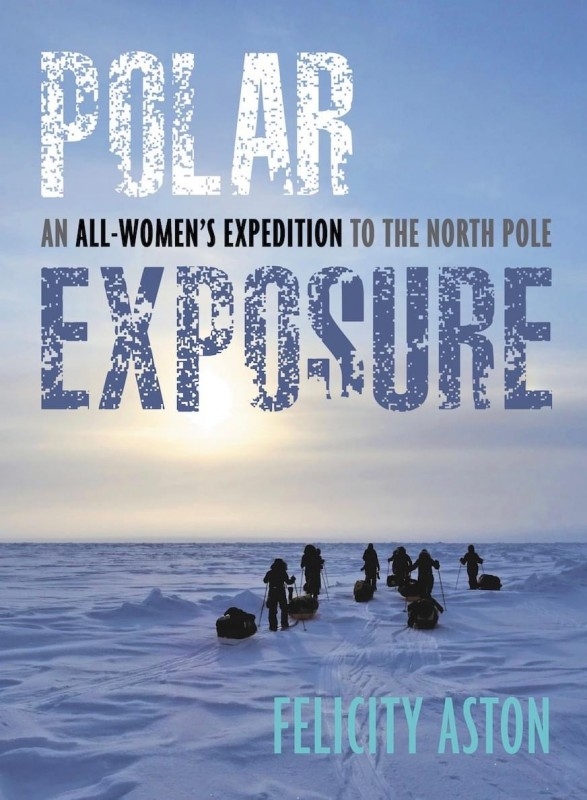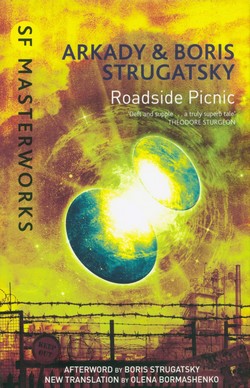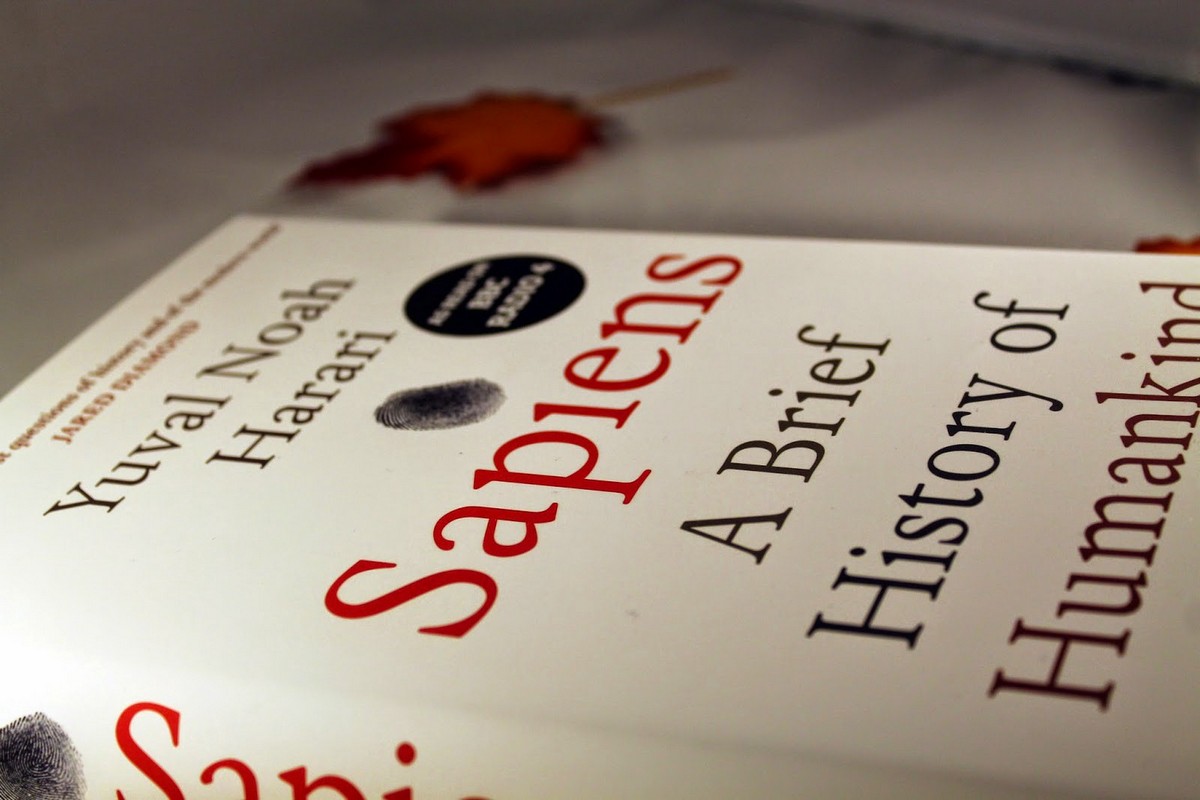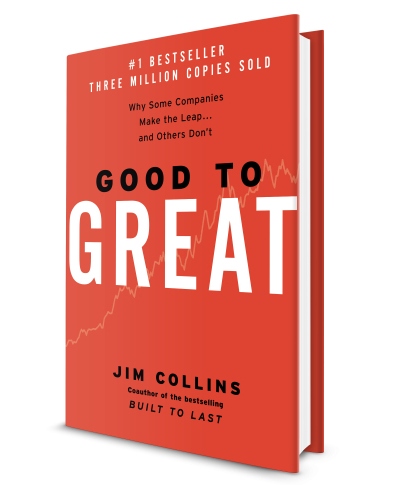April was a busy month for me, with lots of flying. And lots of flying means lots of movie-watching or reading or both. Herewith, a quick review of some highlights and some discussion thereof…
On one flight I re-watched Tarkovsky’s Solaris for the umpteenth time. IMHO, it’s aged well. Sure, there aren’t today’s special effects, but that doesn’t matter. And anyway, the Hollywood version from 2002 is apparently low on effects too. Indeed, this is no Star Wars or Matrix or some other sci-fi blockbuster. This is the thinking person’s drama-mystery sci-fi flick. And anyway (again!), I haven’t seen the 2002 version with Amal Clooney’s husband starring ). I wonder what it’s like. I guess the dialog may be the same so it’s surely worth a watch. It’ll differ perhaps only in that there’ll be no smoking indoors (on space ships!), and there won’t be a VCR in sight ).
Not seen the original Solaris, and you’re a thinking Homo sapiens? Then you really must. Why? Many reasons (e.g., the question: ‘is it better than ‘2001: A Space Odyssey’?’:) but here’s a very ‘current’ one: AI.
For Solaris, nearly 50 years ago, was already telling us that artificial intelligence could become more human than, er, humans themselves. In the film, a higher intelligence – the Solaris Ocean – is the one doing the experiments on humans – not the other way round. But that’s by-the-by. The central theme is a questioning of what it is to be human, of identity, of our ‘reality’. By way of example, here’s a quote from the film: an interaction with an artificial person – one being a clone of the human lead character’s long-dead wife, created by the Ocean:
We have no interest in conquering any cosmos. We want to extend the Earth to the borders of the cosmos. We don’t know what to do with other worlds. We don’t need other worlds. We need a mirror. We struggle for contact, but we’ll never find it. We’re in the foolish human predicament of striving for a goal that he fears, that he has no need for.
[…]
I think that Kris Kelvin is more consistent than both of you. In inhuman conditions, he has behaved humanely. And you act as if none of this concerns you, and consider your guests – it seems that’s what you call us – something external, a hindrance. But it’s a part of you. It’s your conscience. And Kris loves me. Maybe it’s not me he loves, but he’s simply protecting himself. He wants me alive. That’s not the point. It doesn’t matter why man loves. It’s different for everyone. It’s not Kris. It’s you. I hate you all.
I would ask you… Please don’t interrupt me. I’m a woman, after all. You’re not a woman and you’re not a human being. Understand that, if you’re capable of understanding anything. There is no Hari. She’s dead. You’re just a reproduction, a mechanical reproduction. A copy. A matrix.
Hmmm. And talking of a matrix – one could say the film’s a forerunner of the Hollywood blockbuster starring Keanu Reeves (at a stretch). But I digress…
Not only did I re-watch a classic sci-fi movie, I also re-read a classic sci-fi novel – H.G. Wells’ Time Machine – perhaps the perfect complement to Solaris, for it, too, is about tragic contact between Homo sapiens and non-Homo sapiens.
Btw – it was, I think, Wells who first came up with the idea of folks traveling through time not by magic but through the use of technology. He also introduced the idea of the fourth dimension – space time. And when you think this book was written nearly 125 years ago (!!), you have to take the proverbial hat off to Mr. Wells ).
There’s a bonus when reading books as old as this. There are words in them that are alien to newer generations – like ‘ink’, for example. So there are history lessons dotted throughout such books, and that’s important, for, as we all know, if you don’t know the past, you won’t know the present, never mind the future…
Another btw: it was Wells who guessed that stars, at the end of their lives, turn into red giants. Science hadn’t worked it out back then; Wells imagined it – scientists later confirmed it ).
After watching and reading two retro-futuristic masterpieces, I was inspired to re-read a third – the book on which the film Solaris is based: Stanislaw Lem’s – 1961! – novel of the same name. So I did. And I highly recommend you do too!
That’s all for today folks. Back soon!…


















